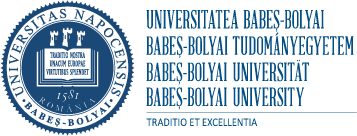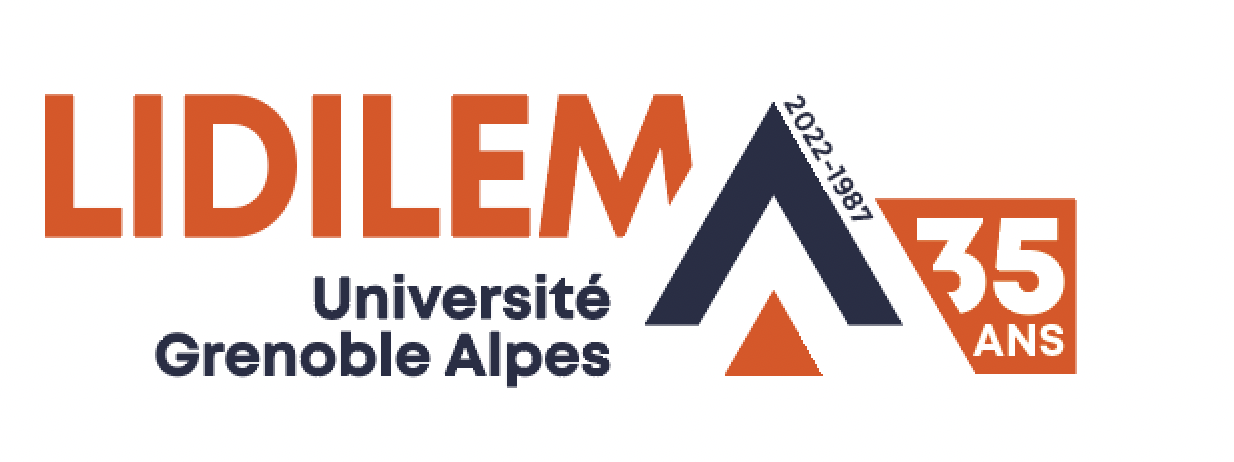Michael J. Baker - CNRS — Telecom Paris Institut Interdisciplinaire de l’Innovation (UMR 9217)
- Imprimer
- Partager
- Partager sur Facebook
- Partager sur X
- Partager sur LinkedIn
michael.baker telecom-paris.fr (michael[dot]baker[at]telecom-paris[dot]fr)
telecom-paris.fr (michael[dot]baker[at]telecom-paris[dot]fr)
https://www.telecom-paris.fr/michael-baker
https://scholar.google.com/citations?hl=en&user=PimAOhsAAAAJ
Résumé
Dans ce court exposé, je partirai d’abord du récit phénoménologique de Merleau-Ponty sur l’expérience du dialogue, en demandant comment il serait possible de saisir une telle expérience de la mutualité dans l’analyse des dialogues effectifs. Dans un second temps, j’évoque les propos de Gadamer selon lesquels le dialogue a une force métamorphosante sur ses participants, en demandant aussi comment un tel « apprentissage par le dialogue » peut être étudié. Mon objectif global ici est de comprendre comment analyser les processus d’élaboration de la pensée dans et par le dialogue, en soulevant les questions suivantes : quelle est la nature de l’objet d’étude, « la pensée dialogique » ? ; grâce à quelles méthodes peut-il être analysé/interprété ? ; et comment de telles approches peuvent-elles être validées ? L’objectif est de tracer une voie cohérente entre deux écueils : l’idée selon laquelle le dialogue est une « fenêtre sur l’esprit », et d’autre part, l’élimination du sujet psychologique, de la pensée, au sein d’un type de socio-comportementalisme.
Abstract
In this short lecture, I begin firstly from Merleau-Ponty’s phenomenological account of the experience of dialogue, and ask how it would be possible to capture such an experience of mutuality in analysis of real dialogues. Secondly, I evoke Gadamer’s statements according to which dialogue has a force that changes, metamorphoses, participants, asking also how such “learning from dialogue” is to be studied. My overall aim here is to understand how to analyse the processes by which thinking is elaborated in and by dialogue; but the questions raised also have a more general applicability. They concern the nature of the object of study — dialogical thinking —, the methods by which it can be analysed/interpreted, and how such approaches can be validated. The aim is to steer a coherent path between two pitfalls: the idea according to which dialogue is a “window on the mind”, and on the other hand, the elimination of the psychological subject, of thinking, within a type of socio-behaviourism.
Colloque
Direct interaction : methods of research, epistemology, and conceptualization


- Imprimer
- Partager
- Partager sur Facebook
- Partager sur X
- Partager sur LinkedIn